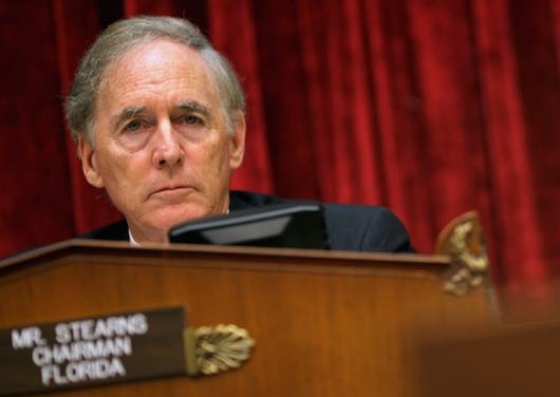The Komen-Planned Parenthood Controversy: Why It Spiraled Out Of Control

As Americans try to make sense of the political frenzy that was the Komen-Planned Parenthood debacle, many wonder why there was such an intense battle to begin with over Komen’s withdrawal of funding to Planned Parenthood. While the 72-hour crisis was an important PR lesson, the complex political motivations as part of a broader culture war are the feud’s main legacy.
Closer inspection reveals that despite being a fund-related issue, money was a nominal one for Planned Parenthood: the organization would have only lost funding for a mere 5% of the breast exams they currently conduct. Rather surprisingly, Planned Parenthood’s response to Komen was the result of a freak political storm born in the House of Representatives during the winter 2011 budget crisis.
Amid this unsightly blotch in our history, Congress failed to come to a consensus regarding much of anything. Still, the House was able to pass a bill to help balance the budget, which included a later-added provision concerning Planned Parenthood. This provision sought to eliminate all federal funding to Planned Parenthood, which legislators believed would save $363 million per year.
As one may have suspected, the eventually doomed bill was the brainchild of the newly conservative Republican House. Part of a larger strategy to hit two birds with one stone, the bill aimed to decrease spending by cutting funds to Planned Parenthood while simultaneously pumping up conservative pro-life sensibilities. As a result, this recently energized faction within the Republican Party succeeded in making abortions and Planned Parenthood one and the same.

In addition to the winter 2011 bill, Republican state legislatures began passing dozens of abortion-related laws like restricting abortions after 20 weeks, imposing 72-hour waiting periods on women, and requiring women to view ultrasounds before undergoing the abortion procedure.
Cue the entrance of the Susan G. Komen Foundation for the Cure. Allegedly responding to the new legislative hullabaloo concerning abortion, the group adjusted its budget for the next fiscal year accordingly. As a result, the plan included terms that would generally deny funding to any group under Congressional investigation. Conveniently, the only group under investigation at that time was Planned Parenthood.
Citing a desire to avoid the unsteady and entangling grounds within the political arena, Komen decided to withdraw funding from the organization. Nevertheless, many in the media dubbed it a divisive political tactic that set bad precedent for other nonpartisan public interest groups.
The Congressional Investigations
The official Congressional investigations that prompted Komen’s decision to defund were rumored to be fact-finding missions seeking to prove that federal money had been funding abortions. However, Rep. Cliff Stearns (R- FL), one of the leaders of the main investigation into Planned Parenthood, claims the investigation to be nothing more than a simple review of financial records as opposed to a partisan fishing expedition. To further his case, Stearns says that after the fifty years that Planned Parenthood has existed, the U.S. affiliate organization has never been subject to financial oversight or investigation.

Stearn’s subsequent investigation is apparently a response to ten separate audits in four states that revealed $7.8 million in Medicaid over-payments to Planned Parenthood. Although over-billing is a common problem among healthcare providers that bill Medicaid, there may be a reasonable basis for Stearn’s investigation. And while the Komen Foundation eventually bowed to pressure from Planned Parenthood, the group instituted another provision (which does not apply to Planned Parenthood) to deny funding to groups that are under criminal investigation, perhaps in anticipation of the Congressional investigation’s follow-up.










Please detail the allegations of Planned Parenthood’s “litigiousness.” It’s my understanding they have sued only for trademark violations in cases where so-called “pro-life” groups have attempted to misrepresent and defame PP.